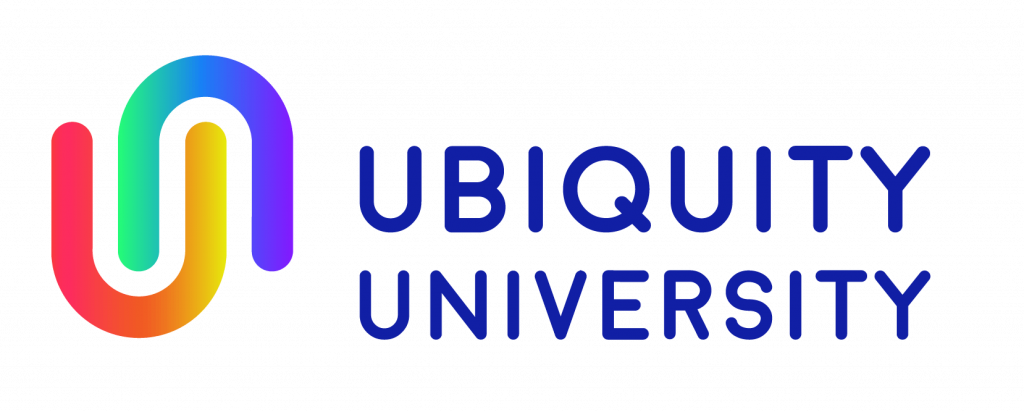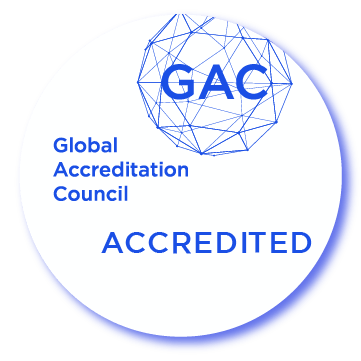
This microcourse is included in a series of nine microcourses that can be bundled together into our Microcertificate in UN SDG Impact. Click here to learn more: UN SDG Microcertificate.
Microcourse Description:
How can we measure the social impact of an initiative, an organisation or a company? This microcourse examines how entities can effectively measure and demonstrate the impact of their socially conscious programs for the community, other nonprofits or businesses, and investors. We use practical examples and case studies so you can do the same as you embark on your efforts around the United Nations Sustainable Development Goals (SDGs).
Learning Outcomes:
By the end of this microcourse you should be able to:
- articulate the concept of impact measurement, and its role in driving impact investing;
- understand the impact theory of change and how it applies to social projects;
- be able to follow a step-by-step process to identify impact scope, collect and extract relevant data, then calculate the social value of impacts; and,
- practically apply effective impact measurement activities through exercises.
Faculty:
Monaem Ben Lellahom, MBA is the winner of the “Global CSR Excellence & Leadership Award” at the World Marketing Summit – Malaysia 2013 and the “Global AIESEC Alumni Entrepreneurship and Leadership Award“ – Taiwan 2014, Monaem is a pioneer and trusted thought leader in the field of ESG integration, sustainability disclosure and impact investing practices in the broaden Middle East and Africa region.
Monaem has been championing social impact studies and programs and produced impact reports to demonstrate the value generated of community and impact investing projects. He also focuses on developing ESG investment and integration strategies and disclosure for leading private sector companies, NGOs, private equities and family businesses.
Monaem is a Group CEO and Founding Partner at Sustainable Square – responsible for the overall growth and strategic direction of the firm. He also acts as a Vice-Chairmen of the Board of Trustees of the Foundation for Sustainability and Responsibility in Africa (FSRA). Monaem has experience conducting impact businesses in more than 20 countries, and has established subsidiaries in over 3 continents. Monaem now describes Dubai as his home, with his active business interests spanning Sub-Saharan Africa, south east Asia and the Arab world.
Monaem also sits in the global board of AIESEC International (the largest youth leadership organization in the world) advising the global team on how best AIESEC can drive a sustainable impact in more than 125 countries by activating youth leadership to impact the SDGs and foster peace around the world.
Introduction Video:
Pricing:
- Lite: $35
Our shopping cart is simple and easy to understand. If you do not have a user account, you will be able to create one upon purchase. Save your username and password as you will need it to login to access course materials later. For more detailed, step-by-step instructions you can review our tutorial How to Purchase a Course. Again, if you experience any issues, please email our Registrar at registrar@ubiquityuniversity.org.
Microcourse Contact Information:
Microcourses are completely on-demand for your convenience. If you have questions or require additional assistance, click the “Chat” button down on the left-hand side of the screen, and submit your question. Our help desk will respond as soon as possible. Please do not email faculty directly with any technology or registration issues.
Single microcourses do not qualify for academic credit. However, enrolled students can add three microcourses together, purchase a Microcourse Credit Conversion option, pay the difference between the cost of the microcourses and a regular trimester course at their degree level and submit your reflection journals and a Final Creative Assignment for grading. For assistance with this, please email our Registrar at registrar@ubiquityuniversity.org.
The rules guiding our assignment collection and grading process can be found here: Ubiquity University Grading Policy


